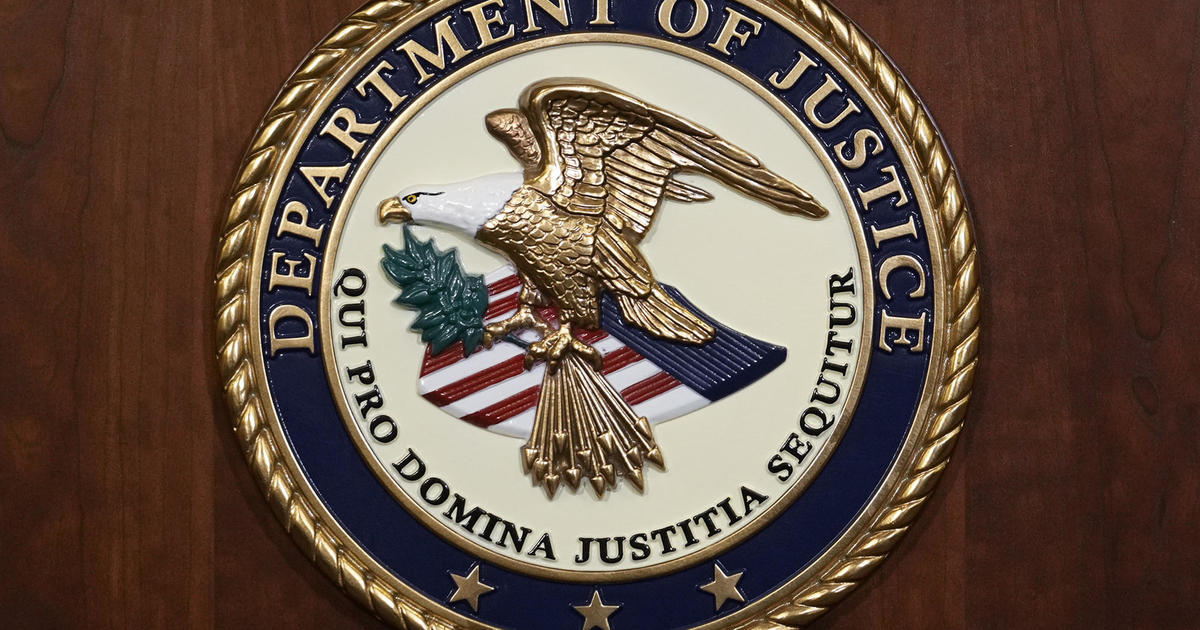The Justice Department’s recent indictment of an Indian government employee, Vikash Yadav, for a murder-for-hire plot against a Sikh separatist leader in New York City underscores a growing concern about the reach of foreign interference and transnational terrorism within the United States. The case highlights the complexities of international relations, the vulnerability of individuals critical of foreign governments, and the determined response of U.S. authorities to protect its citizens and sovereignty. The timing of the indictment, coinciding with Canada’s expulsion of Indian diplomats for similar reasons, only serves to amplify the seriousness and scope of the situation. This incident raises critical questions about the extent of foreign government involvement in targeting dissidents on American soil.
The Murder-for-Hire Plot and its Implications
Unveiling the Conspiracy
The plot, revealed in the indictment against Yadav, details a meticulously planned assassination attempt targeting Gurpatwant Singh Pannun, a prominent Sikh separatist leader and vocal critic of the Indian government. The alleged scheme involved the recruitment of Nikhil Gupta, who in turn was to hire a hitman to carry out the murder. The intended victim, Mr. Pannun, is a known advocate for Khalistan, a separate Sikh state, a cause that the Indian government opposes. The fact that the “hitman” was an undercover federal agent highlights the sophisticated and concerning nature of the operation. The high-level involvement of an Indian government official demonstrates a willingness to disregard international laws and norms in pursuit of silencing dissent. The significant sum of $100,000 offered as payment underlines the seriousness with which the Indian government allegedly took the attempted assassination.
The Legal Ramifications and the Pursuit of Justice
The charges against Yadav include conspiracy to commit murder for hire, a serious felony with substantial penalties. While Yadav remains at large, the indictment sends a strong message, domestically and internationally. It demonstrates the commitment of the U.S. Department of Justice to prosecuting individuals involved in such plots regardless of their official position or nationality. The pursuit of Yadav, even amidst the complex legal and political landscapes of international cooperation, shows that the U.S. will actively pursue those who threaten its citizens and national security. This case is expected to lead to further investigations and potentially uncover a larger network involved in similar operations. The cooperation between the U.S. and other nations, such as the Czech Republic (regarding the extradition of Gupta), highlights the global dimension of this issue and the need for international collaboration in combating transnational crime.
The Broader Context of Transnational Terrorism and Foreign Interference
The Indian Government’s Response and International Fallout
The allegations against Yadav have sparked significant controversy and strained relations between the United States and India. While India has not officially commented on the specifics of the case, the timing of the indictment – coinciding with a visit by Indian officials to the U.S. regarding the same investigation – highlights the diplomatic tension created by these events. This incident comes in the wake of the expulsion of six Indian diplomats from Canada following similar allegations of a plot to assassinate a Sikh leader. The parallel situations in the U.S. and Canada clearly reveal the pattern, demonstrating the potentially significant reach of Indian government attempts to silence dissent abroad. This raises crucial questions about the accountability of foreign governments and the challenges for nations dealing with such transgressions.
Protecting Freedom of Speech and Sovereignty
The events demonstrate a potential breach of U.S. sovereignty and the targeting of individuals exercising their right to free speech within U.S. borders. The attempted assassination represents a serious threat to the democratic principles that uphold freedom of expression, even when that expression involves criticism of a foreign government. The strong response from the Justice Department indicates the seriousness with which such breaches are taken and underlines the protection given to U.S. citizens. The incident emphasizes the inherent vulnerability of individuals openly critical of foreign powers and the potential risks involved in dissent against strong and powerful regimes. Maintaining robust national security mechanisms to detect and prevent such acts is paramount for safeguarding citizens.
Implications for U.S. Policy and International Relations
Re-evaluating Relations and Strengthening Security
The incident has significant implications for U.S.-India relations. While both countries have strong economic and strategic ties, the revelations highlight the need for careful consideration of national security concerns alongside diplomatic and economic interests. The U.S. government will need to strike a balance between maintaining relationships while addressing serious allegations of foreign interference and potentially illegal activity within its borders. A thorough and impartial investigation, coupled with a carefully calibrated diplomatic response, is essential. Maintaining strong alliances requires honest dialogue and addressing problematic behaviors with transparency and clarity.
International Cooperation and Counter-terrorism Efforts
The case reinforces the importance of global cooperation in countering transnational terrorism and ensuring the protection of human rights worldwide. By coordinating with international partners, U.S. authorities have access to more resources and improved investigative capabilities, ultimately leading to greater accountability. Furthermore, this case sets an important precedent in international law, showing the willingness of countries to prosecute acts of terrorism and the attempted assassinations across borders. Such coordination enhances global security, helping reduce the impunity of perpetrators and strengthens norms against such criminal activity.
Take Away Points:
- The attempted assassination of a Sikh separatist leader in New York highlights the risks posed by transnational terrorism and foreign interference.
- The indictment of an Indian government official sends a strong message about the commitment to holding accountable those who seek to harm Americans.
- This case reveals the necessity for stronger international cooperation in preventing and prosecuting such crimes.
- The events underscore the vulnerability of dissidents and the importance of protecting freedom of speech within a nation’s borders.
- The incident demands a recalibration of the U.S. foreign policy, balancing diplomatic ties with resolute counter-terrorism measures.




